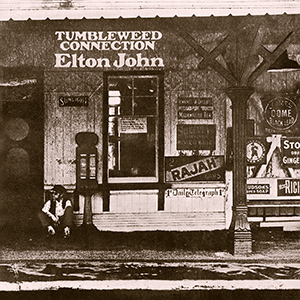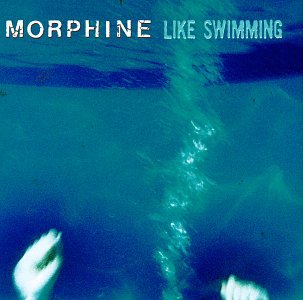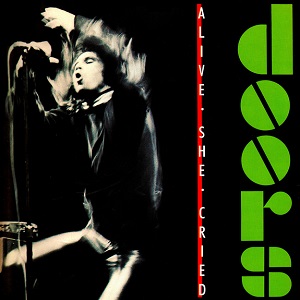Right away, “Music” would be a decent if naïve plea for how to achieve universal harmony, but apparently his definition of “sweet music” involves lots and lots of cowbell. “Oh Very Young” was the hit single, and fits in thematically with the message of those wonderful acoustic albums, but the arrangement paved the way for Al Stewart’s handful of hit singles a few years away. The long-awaited acoustic finally comes to the fore on “Sun/C79”, which appears to be something of a forced medley—the first part an ode to nature, before seeming to evolve into a narrative about a groupie told to the issue of their encounter. With its downright odd pop culture references, “Ghost Town” has some nice passages in between the Old West saloon touches, which seem more parodic than evocative. “Jesus” is a misleading title, seeing as the second verse is about Buddha, and shouldn’t he get equal billing too?
That simple message is swatted away by “Ready”, an overly lusty exhortation, but then “King Of Trees” comes in with a gentler piano and something of a chorale arrangement for yet another celebration of a vague guru figure. “A Bad Penny” is stuck between the chamber-pop ‘60s with its harpsichord and horns, but the rolling drums keep it from being that kind of a throwback, and render the kiss-off message even more confusing. “Home In The Sky” could be a lot better were it not for another (self-overdubbed) chorale part and a busy baroque organ.
There are good songs on Buddha And The Chocolate Box, but they’re buried beneath a thick layer of velvet and velour. With few exceptions, his strength is shown to lie in the simple, and because he kept chasing “bigger” ideas over three albums and counting, we can’t give this a better rating than we have. (Cat Stevens did release another album the same year, but only in Japan. Saturnight presented two sides of music from a concert in Tokyo; true to form, the proceeds went to UNICEF. Some fifty years later, the album was reissued worldwide on vinyl for Record Store Day, with its first-ever CD version arriving the following May.)
Cat Stevens Buddha And The Chocolate Box (1974)—2½
Cat Stevens Saturnight (Cat Stevens Live In Tokyo) (2025)—3
.jpg)




:format(jpeg):mode_rgb():quality(40)/discogs-images/R-2944169-1308479357.jpeg.jpg)



